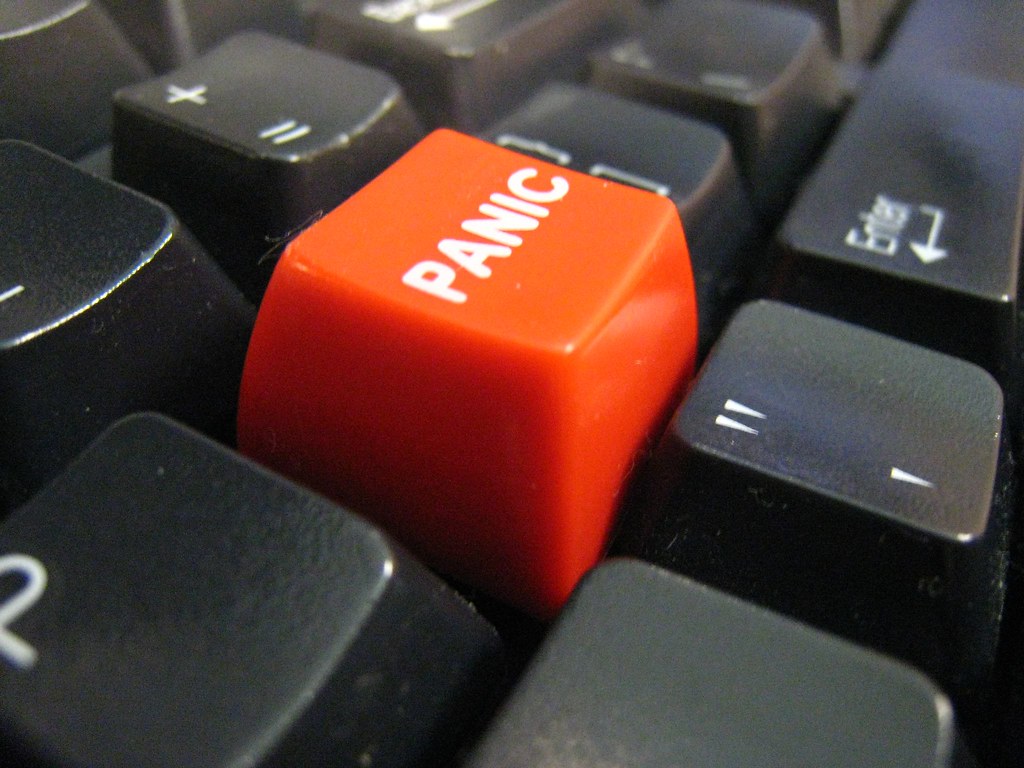You have /5 articles left.
Sign up for a free account or log in.
 This is a GradHacker post by Cory Owen, PhD grad student in Educational Leadership at University of Houston, @coowen
This is a GradHacker post by Cory Owen, PhD grad student in Educational Leadership at University of Houston, @coowen
Often there is a lot of discussion on protecting the identity of our subjects when we do our research. The IRB focuses on the protection of both the subjects and the institution to a great extent, but what about the researcher? In the Terry Arendell paper about the difficulties she found in her interviews men, the topic of safety in the field is discussed at length. It important to note that while this particular example discussed the dangers of women being alone while interview men, this does not mean that other gender interactions won't lead to dangerous situations.
As I get closer to D Day (Dissertation Day), I gone thought through some plans of action to ensure my safety. Now, my topic will be pretty tame--I won't be going into crack houses or spending all my time with strippers, nevertheless, I tend to be overly cautious--I blame it on being the oldest of three girls.
You may be able to prepare for some of the dangers that you encounter during your interviews, but it'll depend on your unique situation. Can you meet your subjects in a public space while maintaining their anonymity? Do you have a buddy system where you have a friend call you at a scheduled time to ensure you're okay? (This may be a good time to implement a safety word--mine is "pineapple" from this awesomely hilarious clip.)
Somethings may need to be more aggressive. Do you need to carry pepper spray? How will you be seated for the interview? Will there be a table between you and the subject?
Set the location yourself for the interview if at all possible. If nothing else, you'll be more familiar and comfortable in this setting. You can let someone know as a back up where you'll be (though discussion of confidentiality of the subject is of course necessary) or at least choose a time where there will be people in the building. While there may be situations where the subject requests to meet at their house, do so with extreme caution.
I think the best suggestion is to follow your instincts. If something feels off about a situation, don't wait--get out of the situation. In a lot of accounts of dangerous situations, researchers often fall back to the excuse that they don't want to jeopardize their research by cutting an interview short or just not meeting a subject in situations that they're not comfortable in. My bottom line is that if you're not safe, you won't be able to get your research published anyway, so protect yourself first! Cut the interview short if you're uncomfortable.
In such a tech obsessed world, we're rarely without our cell phones, but be sure that it is turned on and fully charged before starting an interview. The police can track most cell phones by GPS in case of emergencies so keep it with you at all times. Similarly, I heard a suggestion of using a Garmin sports watch to track your location in case of emergency.
Hopefully none of us will ever be in the situation where we're in very threatening situations, but it is important to start planning ahead for any issues that may arise. From subtle flirtations to physical assault, knowing where your limits are as a researcher will help you be even more prepared for your interviews.
[Image courtesy of Flickr user star1152 with Creative Commons License]








